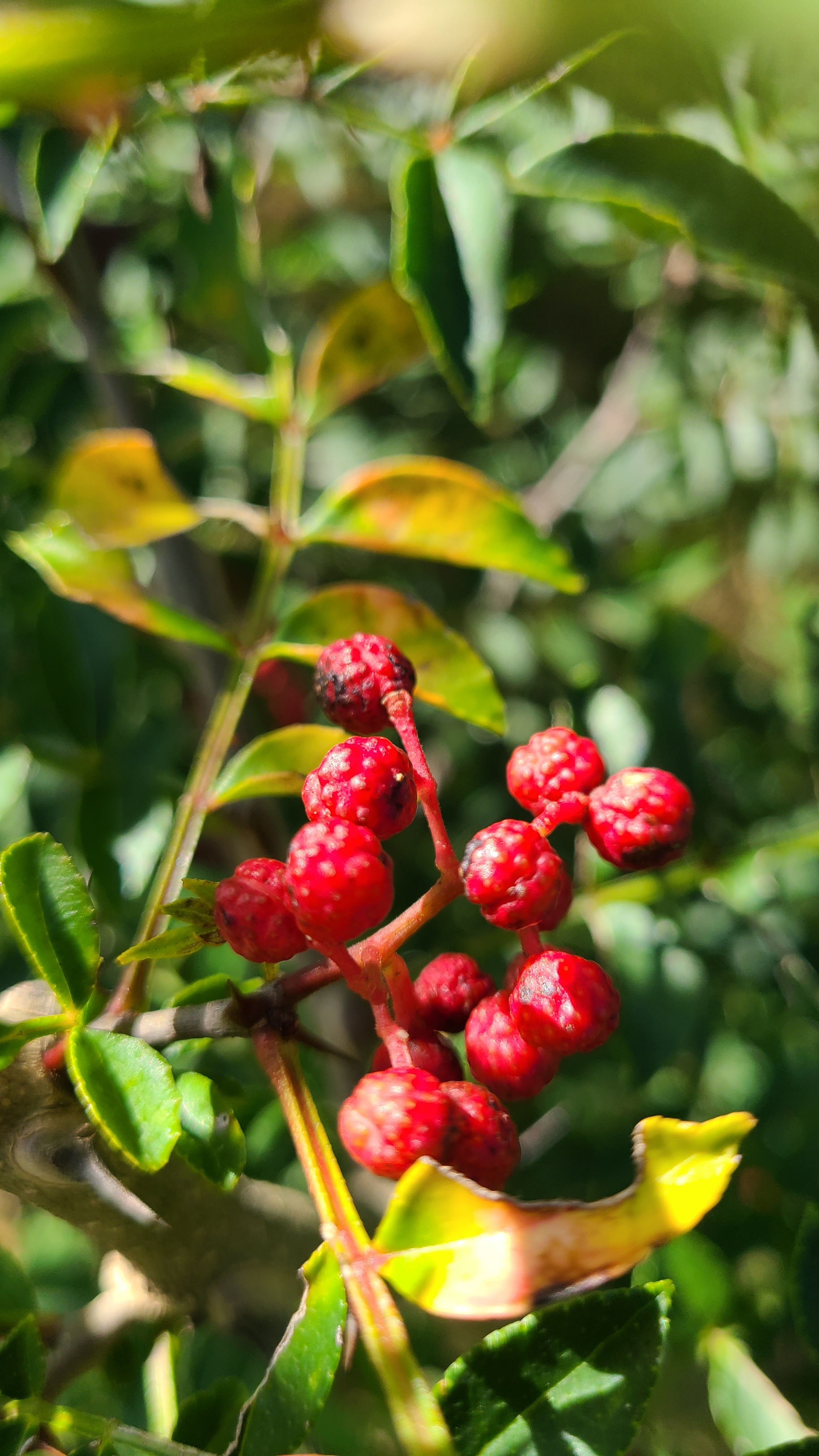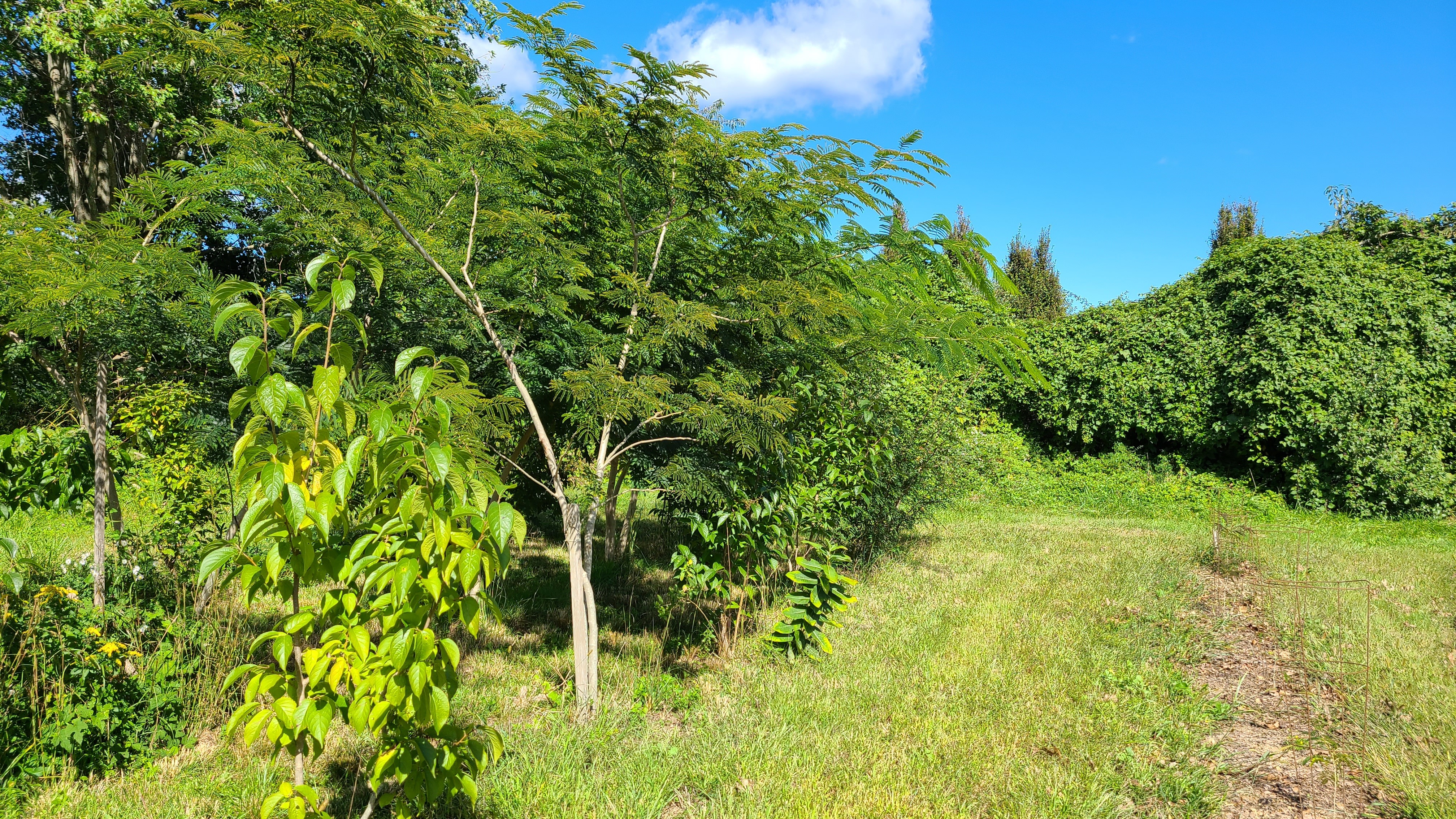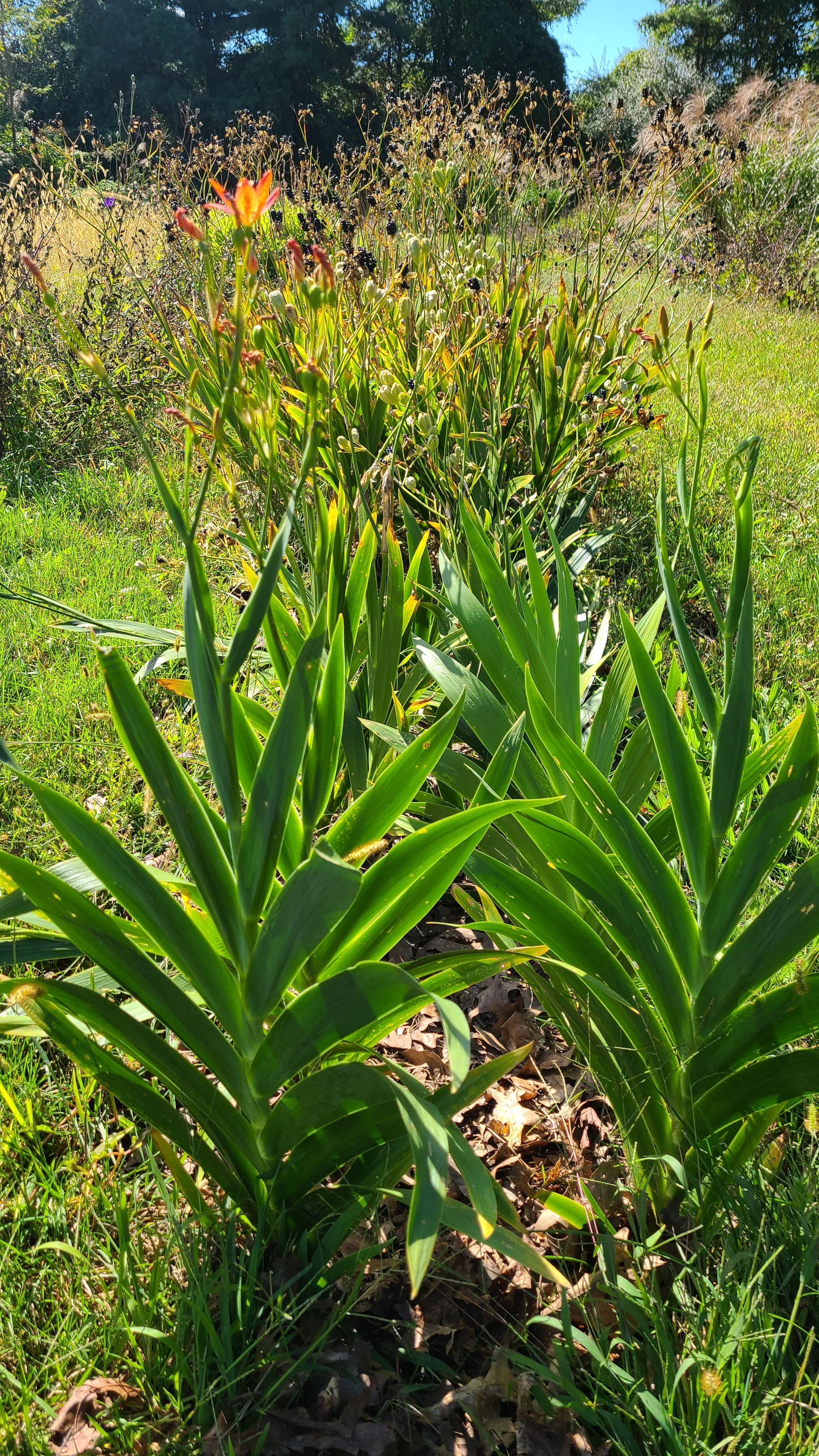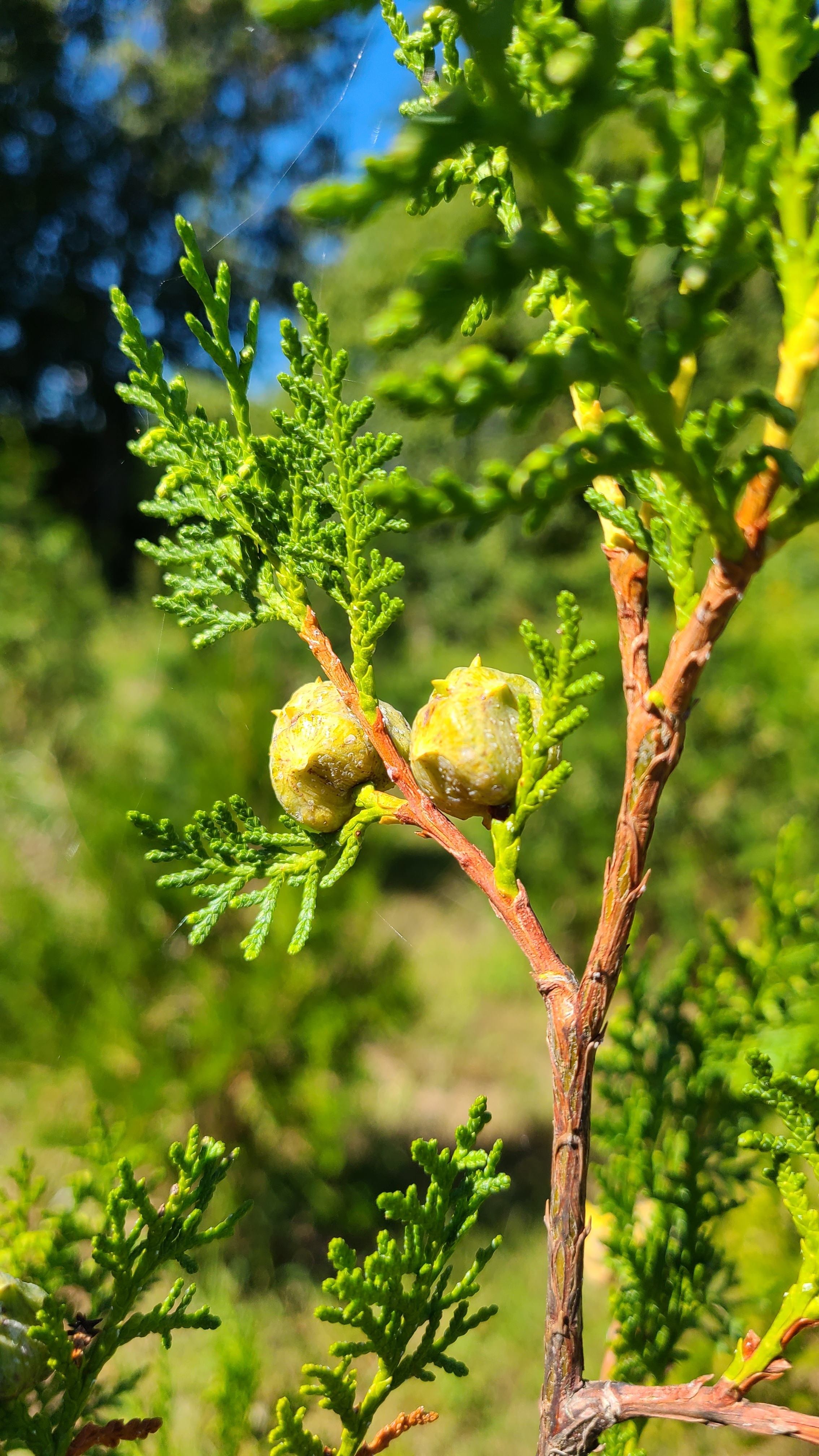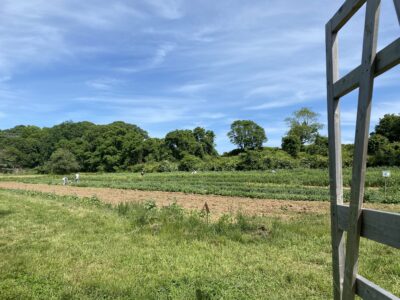Blog
A Secret Garden Amid the Farm Fields
Tucked away in the fields of Quail Hill Farm is a Chinese medicinal herb garden. Started in 2003, this little-known project has grown throughout the years from a few transplants to over 30 different species of medicinal herbs.
Walking through the garden, you are transported to another place. The plants form shapes not commonly seen in the field. The Platycodon grandiflorus aptly known as balloon flower forms balloons before the flower bursts forward.
![block.image[0].title](/assets/images/Balloon-Flower.png)
The herbs found in the garden are used by practitioners of East Asian herbal medicine. Practitioners can be found throughout the world, but most of the herbs still come from China. The herbs are under threat from loss of habitat, environmental pollution, climate change, and poaching of wild plants. Quail Hill Farm became part of a research project to see how these plants could grow throughout New York.
The project was started by Jean Giblette of High Falls Garden in the Hudson Valley. Jean worked with Scott Chaskey, former Director of Quail Hill Farm, to bring plants from High Falls Garden to Amagansett. Those original plants, including Aster tartaricus, a Chinese mint, and bitter melon, still thrive today in a half-acre section of the farm.
Since perennial crops can take many years to mature, these plants are currently used for research and seed harvesting. Already, the plants being grown at Quail Hill Farm have shown differences from those grown in the Hudson Valley. The Sichuan pepper plant took 11 years to produce peppercorns at High Falls Garden, but only 3 years here!
Scott retired as Quail Hill Farm’s Director in 2019 and now enjoys more time to focus on the garden. In the past three years several additional plants have been added including, but not limited to Albizia julibrissin (mimosa), Astragalus, Bupleurum, Forsythia suspensa, and Saposhnikovia divaricata. He is amazed by how well they thrive in the Amagansett soil.
![block.image[0].title](/assets/images/Blackberry-Lily.png)
Seed collection, an important aspect of the project, allows other gardens to grow the plants. How the seeds are grown and collected varies with each plant. In the Belamcanda chinensis, blackberry lily you can see above the changes the flower goes through to create viable seeds for sharing.
In the future the garden will provide an additional revenue stream for Quail Hill Farm. Once the plants mature, they can be harvested for their medicinal properties. The medicinal part of most of the plants is the root which needs several years to develop before being harvested without damaging the plant.
Interested in growing your own medicinal herbs? To obtain seeds from the garden, contact us at info@PeconicLandTrust.org or call 631.283.3195. To learn more about Chinese medicinal herb plants, check out the Chinese Medicinal Herb Farm at www.chinesemedicinalherbfarm.com.
